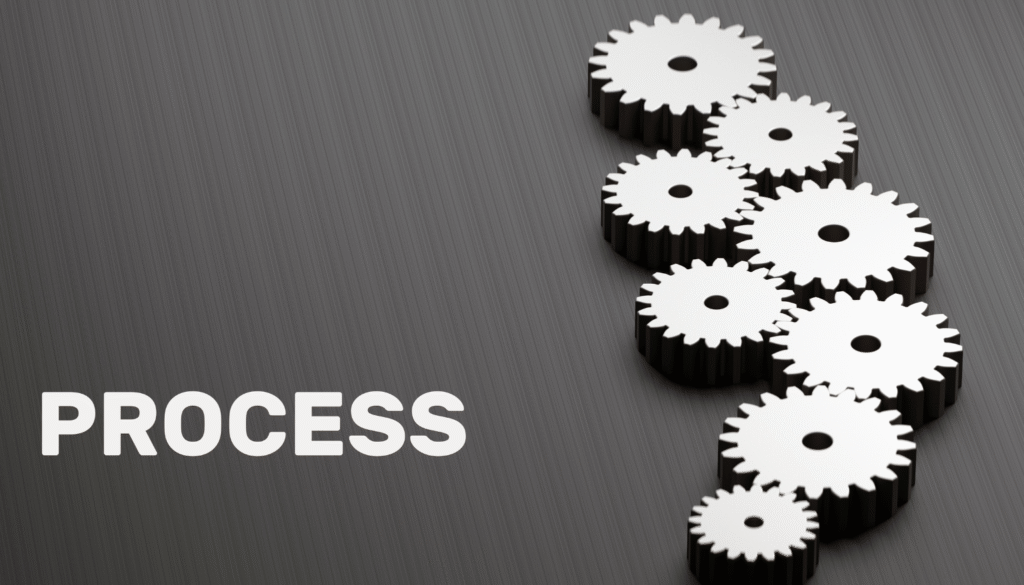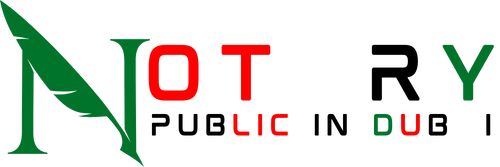Introduction
In an era defined by speed, flexibility, and digital transformation, traditional legal services are being reimagined to meet modern expectations. One of the most notable innovations in this space is the rise of “Notary on Call” services. Gone are the days when clients had to stand in long queues at judicial departments or wait for appointments at notary offices. Today, notarial services can come directly to your doorstep. This model redefines convenience and offers tailored legal solutions for people who value time, privacy, and efficiency.
What Is a Notary on Call?
A “Notary on Call” is a licensed notary public or private notary who provides mobile or remote notarial services. Instead of requiring clients to appear in person at a courthouse or government office, the notary travels to the client’s location—whether it be a home, office, hospital, or any other venue. In some cases, the service can even be provided digitally through secure video conferencing tools, especially where remote notarization is legally accepted.
The primary function of a notary remains unchanged: verifying the identity of the signatory, ensuring their consent, and authenticating documents. The only difference lies in the manner and convenience of delivery.

Why Notary on Call Services Are Gaining Popularity
There are several reasons why this service has become increasingly popular, particularly in urban centers and among the business community.
Time-Saving Convenience
Time is a precious resource. Many professionals, entrepreneurs, and busy individuals simply do not have the flexibility to visit notary offices during regular hours. A notary on call resolves this by adjusting to the client’s schedule and location, allowing legal matters to be addressed swiftly and efficiently.
Accessibility for All
People with limited mobility, elderly individuals, hospitalized patients, or those living in remote areas often struggle to access legal services. Notary on Call services eliminate barriers by ensuring that everyone can obtain proper legal documentation without needing to leave their home or facility.
Urgent Situations and Emergencies
In many cases, documents need to be notarized urgently—whether it’s a last-minute power of attorney, an emergency medical consent form, or a business agreement requiring immediate execution. Notary on Call services are ideal for such urgent needs, often providing same-day or next-day availability.
Confidentiality and Privacy
Some clients prefer the discretion of handling their legal matters privately. Meeting a notary in the comfort of one’s home or office ensures greater confidentiality than appearing in a public or crowded notary facility.
Types of Documents Commonly Notarized on Call
Notary on Call services cater to a wide variety of legal documents. Some of the most common include:
Power of Attorney And Notary on Call
One of the most frequent requests, powers of attorney allow individuals to authorize others to act on their behalf in personal, financial, or legal matters. These are especially critical for elderly clients or those preparing for international travel, medical treatment, or legal representation.
Real Estate Transactions
Real estate documents such as property sale agreements, lease contracts, mortgage authorizations, and title transfers often require notarization. A mobile notary can assist buyers, sellers, or agents in finalizing transactions at their preferred location.
Corporate Agreements
Business owners often require urgent notarization of shareholder resolutions, board decisions, company formation documents, or memoranda of understanding. Notary on Call services enable these documents to be handled without interrupting business operations.
Personal Declarations and Affidavits
Individuals may need to declare statements under oath for court cases, immigration applications, or employment-related matters. A notary on call can administer the oath and record the declaration formally.
Wills and Inheritance Documents
End-of-life planning often involves notarizing wills, inheritance declarations, or guardianship appointments. These sensitive matters are ideally handled in private, making home visits by a notary a preferred choice.
Certified Translations and Legal Verifications
In multi-lingual settings like the UAE, documents may need to be translated and legally certified. Notary on Call services often include translation certification as part of their offerings.
The Process of Mobile Notarization
While the location may vary, the steps followed by a notary on call are consistent with official legal requirements. The typical process includes:
- Scheduling the Visit: Clients contact the notary in advance to describe their requirements and schedule an appointment.
- Document Preparation: The client prepares the document to be notarized and provides identification (such as an Emirates ID or passport).
- Identity Verification: The notary verifies the identity and legal capacity of all parties involved.
- Explanation of Content: The notary ensures that the client understands the contents and consequences of signing the document.
- Signing and Certification: Once everything is verified, the notary signs, stamps, and certifies the document.
- Record Entry: The notarized document is entered into the notary’s official register for future reference and verification.
Some notaries may also offer digital delivery of the certified document and additional copies upon request.

Remote Notarization and Digital Expansion
In response to technological advancements and the changing needs of society, remote notarization has also been introduced in several jurisdictions, including parts of the UAE. Through secure video conferencing platforms and electronic signature tools, notaries can now verify identities and notarize documents digitally.
This method is especially useful for individuals located abroad, people under quarantine, or those with strict time constraints. It ensures that even during global disruptions or emergencies, legal transactions can proceed without delay.
Legal Validity and Compliance Notary on Call
Documents notarized through Notary on Call services are fully legally binding, provided they are handled by licensed notaries operating within the boundaries of applicable laws. These notaries are subject to the same regulations, record-keeping requirements, and ethical standards as their counterparts in government offices.
Whether the notary is public or private, stationary or mobile, their authority stems from official licensure. As long as proper procedures are followed—including identity checks, documentation, and record entries—the notarized documents carry full evidentiary and legal weight in court, administrative procedures, or international dealings.
Choosing the Right Notary on Call
When selecting a Notary on Call service, it is important to ensure that the notary is properly licensed and authorized to carry out legal certifications. Clients should also confirm the scope of services offered, service area coverage, languages spoken, and whether the notary provides support for translation or remote notarization.
Reputable notaries are transparent about fees, appointment times, and documentation requirements. They will also prioritize professionalism, punctuality, and confidentiality.
The Future of Legal Accessibility
The popularity of Notary on Call services signals a larger trend toward personalized and client-centric legal solutions. As societies become more mobile and digital, people are expecting legal services to match the convenience and flexibility of other sectors like healthcare, banking, and commerce.
Governments and legal institutions are recognizing this shift and adapting regulations to accommodate mobile and remote legal services. This evolution not only benefits individual clients but also strengthens the overall efficiency and accessibility of the justice system.
Conclusion Of Notary on Call
Notary on Call services represent a significant step forward in the modernization of legal practices. By bringing the notarial process directly to the client, they eliminate barriers related to time, location, and physical access. This service is particularly valuable for individuals with urgent needs, businesses managing complex documentation, and anyone who values privacy and convenience in legal matters.
As legal systems around the world continue to evolve, mobile and digital notarization will likely become the standard rather than the exception. The concept of Notary on Call is more than just a service—it’s a reflection of a future where the law works not only for justice but also for the realities of modern life.
